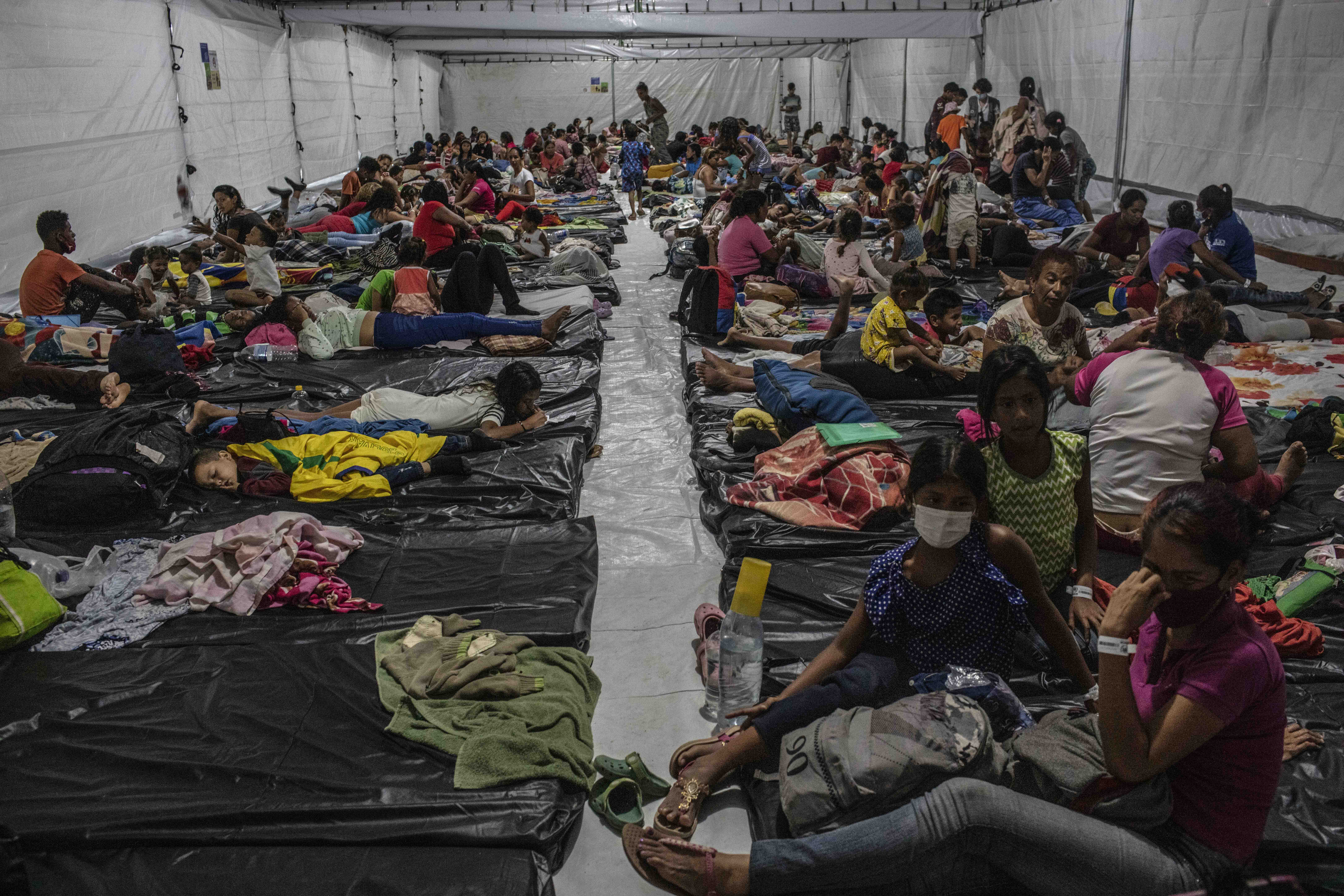Conditions of Venezuelan migrants in Roraima is worrying, according to a Brazilian human rights council report
After visiting Boa Vista and Pacaraima, in November 2021, The National Human Rights Council is publishing a report with recommendations to the organs responsible for sheltering migrants
 Foto: Marizilda Cruppe/ Conectas Direitos Humanos
Foto: Marizilda Cruppe/ Conectas Direitos Humanos
Last Thursday [17], the CNDH (National Human Rights Council) published a report on the mission undertaken from April to November 2021, to inspect the conditions of the Venezuelan migrants who live in the municipalities of Boa Vista and Pacaraima (RR).
The document outlines the visits and meetings conducted during the mission and makes a series of recommendations to the national and international authorities, institutions and mechanisms responsible for sheltering these people. Some of the organs mentioned are: the Ministry for Citizenship, Public Ministry of Labour, Federal Prosecutors, Ministry of Labour and Social Security, UNHCR, Federal Defender´s Office among others.
Read more:
Recommendations
The mission took place after the council received denouncements about the extreme vulnerability of the people who arrive in Pacaraima and Boa Vista. One of the themes addressed in the report is the restructuring plan for indigenous shelters. In the CNDH meeting, it was reported that the restructuring plan is being done outside the terms of Convention 169 of the ILO and with threats and violence towards indigenous peoples.
A series of recommendations were made by the CNDH after visiting Roraima. The Council are demanding that the Ministry of Citizenship carry out, as a matter of urgency, a free, prior and informed consultation of the migrant indigenous peoples, in order to comply with the terms of ILO Convention 169.
In addition, the Public Prosecutors Office are called upon to present a report and conclusions on the inspection made by the organ at the Pintolândia shelter, following denouncements of rights violations related to the creation of a “naughty corner”, used to confine indigenous migrants under the influence of alcohol.
Those participating in the on-site mission included Yuri Costa, then president of the CNDH; Virgínia Berriel, adviser; Joselito Sousa, adviser; Camila Asano, the ad hoc adviser on the matter of migration and a Conectas programme director; Raissa Belintani, coordinator of the Conectas programme, Strengthening Democratic Space and Gabriel Travassos, federal public defender.
See here the report of the CNDH mission to Boa Vista and Pacaraima and all the resolutions contained in the document.


